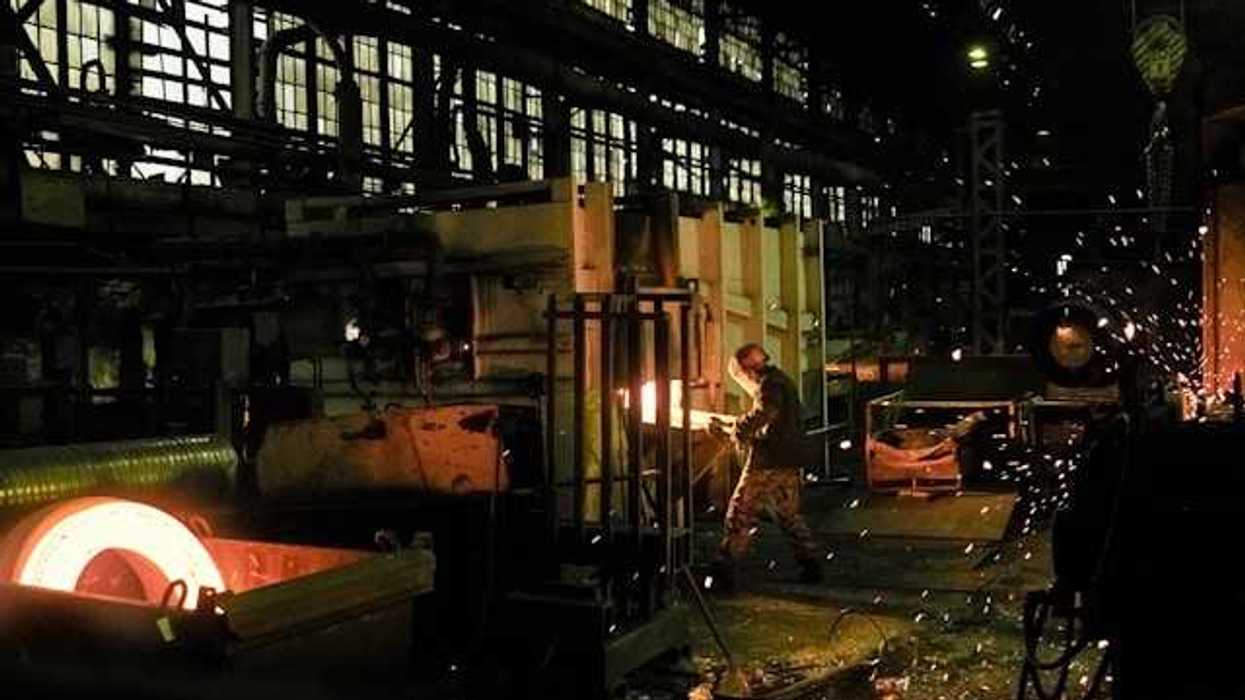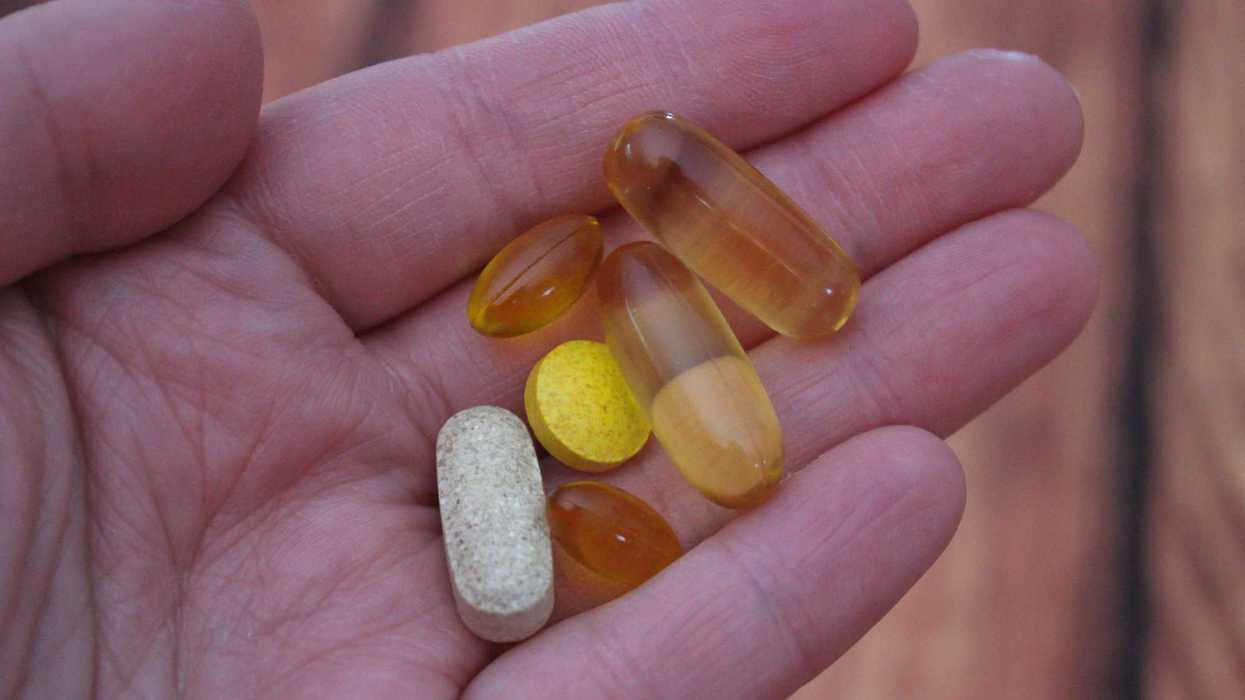The European Commission is proposing more lenient standards for what counts as recycled material in products, a decision that aligns with the chemical industry's interests.
Leonie Cater reports for POLITICO.
In short:
- The European Commission suggests relaxing the criteria for calculating recycled content in consumer goods.
- This proposal has sparked concerns of greenwashing, as it may allow companies to claim higher levels of recycling than actually achieved.
- Critics argue this could undermine efforts to combat plastic pollution and mislead consumers about the environmental impact of their purchases.
Key quote:
“This is, for me, a really high risk of greenwashing.”
— Lauriane Veillard, policy officer at Zero Waste Europe.
Why this matters:
At a time when the world is grappling with plastic pollution and climate change, ensuring transparent and rigorous standards for recycled content is crucial for genuine progress.
Chemical recycling — an umbrella term used to describe processes that break plastic waste down into molecular building blocks with high heat or chemicals and convert them into new products — will not help reduce plastic pollution, but rather exacerbate environmental problems, according to a report by nonprofit environmental advocacy groups Beyond Plastics and the International Pollutants Elimination Network.














